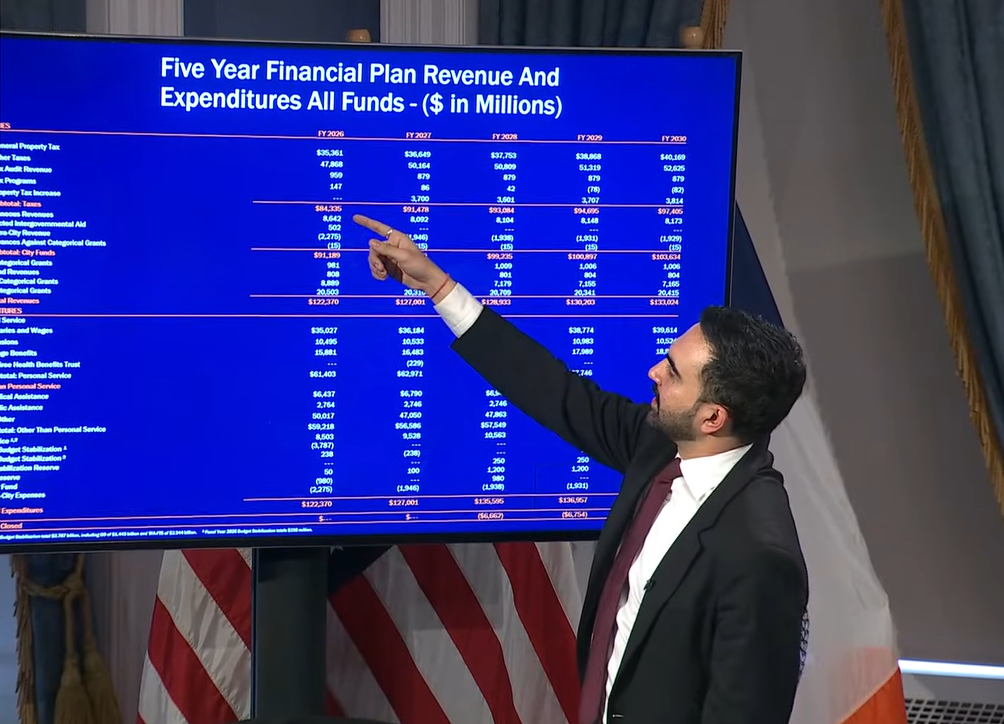The IRS is warning nursing home and other care facilities that Economic Impact Payments (EIPs) generally belong to the recipients, not the organizations providing the care.
The IRS issued this reminder following concerns that people and businesses may be taking advantage of vulnerable populations who received the Economic Impact Payments.
“The payments are intended for the recipients, even if a nursing home or other facility or provider receives the person’s payment, either directly or indirectly by direct deposit or check,” the agency said in a statement. These payments do not count as a resource for purposes of determining eligibility for Medicaid and other federal programs for a period of 12 months from receipt. They also do not count as income in determining eligibility for these programs.
The Social Security Administration (SSA) has issued FAQs on this issue, including how representative payees should handle administering the payments for the recipient. SSA has noted that under the Social Security Act, a representative payee is only responsible for managing Social Security or Supplemental Security Income (SSI) benefits. An EIP is not such a benefit; the EIP belongs to the Social Security or SSI beneficiary. A representative payee should discuss the EIP with the beneficiary. If the beneficiary wants to use the EIP independently, the representative payee should provide the EIP to the beneficiary.
The IRS also noted the Economic Impact Payments do not count as resources that have to be turned over by benefit recipients, such as residents of nursing homes whose care is provided for by Medicaid. The Economic Impact Payment is considered an advance refund for 2020 taxes, so it is considered a tax refund for benefits purposes.
The IRS noted the language in the Form 1040 instructions apply to Economic Impact Payments: “Any refund you receive can’t be counted as income when determining if you or anyone else is eligible for benefits or assistance, or how much you or anyone else can receive, under any federal program or under any state or local program financed in whole or in part with federal funds. These programs include Temporary Assistance for Needy Families (TANF), Medicaid, Supplemental Security Income (SSI), and Supplemental Nutrition Assistance Program (formerly food stamps). In addition, when determining eligibility, the refund can’t be counted as a resource for at least 12 months after you receive it.”
Additional information about EIPs and representative payees involving Social Security and Supplemental Security Income benefits can be found at www.ssa.gov/coronavirus/#reppayee.
Additional information on EIPs can be found at www.irs.gov/eipfaq.
Thanks for reading CPA Practice Advisor!
Subscribe Already registered? Log In
Need more information? Read the FAQs
Tags: Benefits, Income Taxes, IRS




